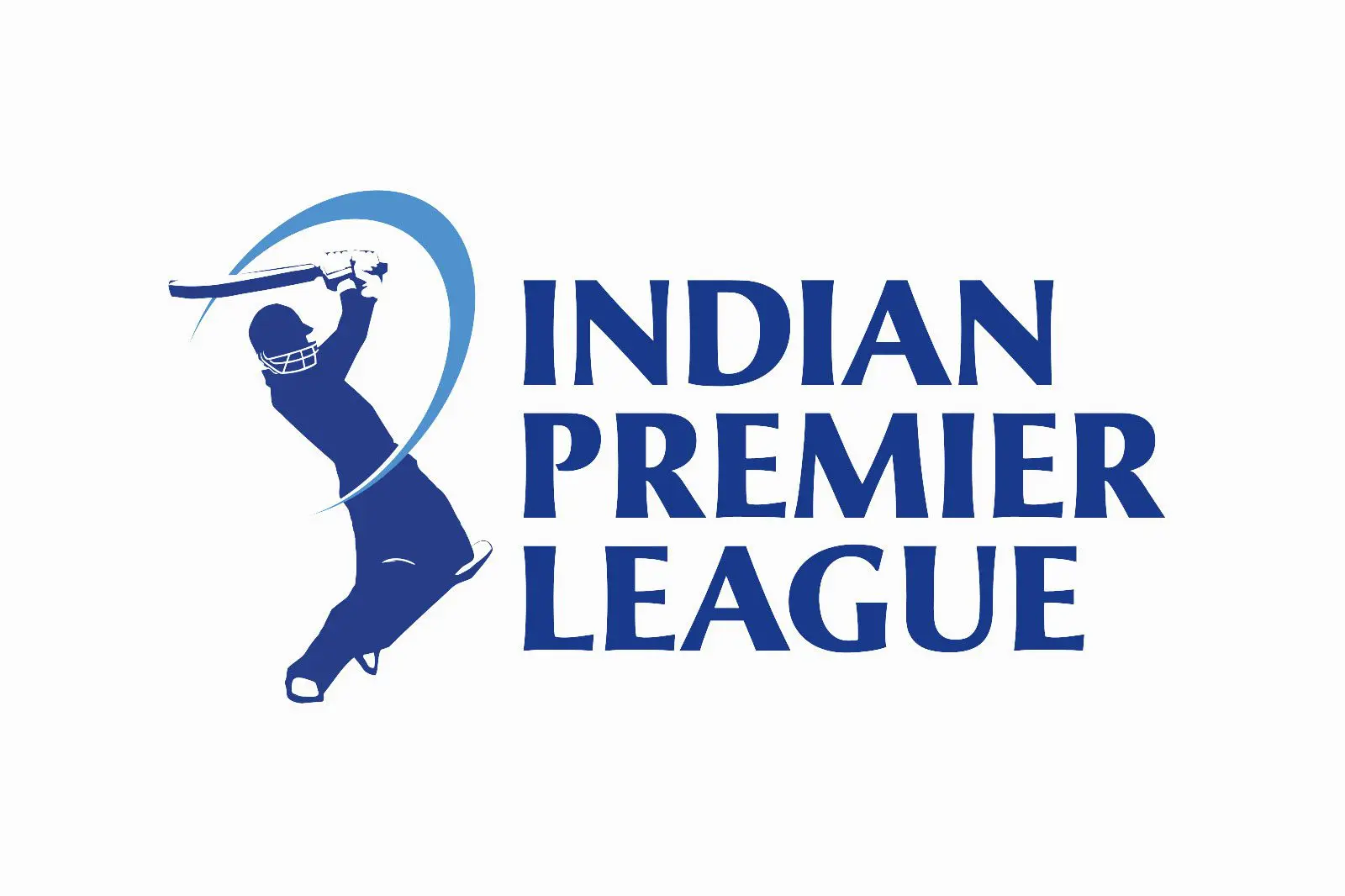Steps being taken in Spain to reduce the level of public advertising associated with gambling have met a roadblock, with the Supreme Court set to rule on whether such restrictions would be unlawful under the nation’s constitution.
Spanish courts considering legal status of gambling ad ban
Steps being taken in Spain to reduce the level of public advertising associated with gambling have met a roadblock. The highest court in the nation is currently considering whether or not a ban on advertising should be upheld due to concerns that it breaches the constitution of the country.
“The law does not provide criteria according to which the regulatory development of advertising must take place or the guidelines according to which the regulation may condition or limit the advertising that may be carried out by gambling operators, nor any indication or criterion on what can be considered proportionate or not,” the Supreme Court order states.
The appeal lodged against the royal order by the Spanish Association of Digital Gaming (JDigital) was taken into consideration by the third chamber of the Supreme Court. It claims that the order may violate the concept of reserve of law.
The right to operate a company is protected by the constitution of Spain, which makes this provision an essential aspect of the document. As a direct consequence of this, the chamber has referred the topic to the Constitutional Court so that the legitimacy of the claim may be examined.
As a result, the court has concluded that this may be interpreted as de-legalizing the subject matter that had previously been designated for the legal system. In addition, this view suggests that it may exclude legislators from having the authority to impose restrictions on many forms of advertising, including those pertaining to gaming.
According to the order of the chamber, if the item is found to violate the constitution, the disputed royal decree would not have adequate legal coverage to govern advertising within the game. On the other hand, the royal decree would have legal validity if it satisfied the standards that are outlined in the constitution.
READ: Norwegian TV broadcasters railing against gambling ad ban
Despite this, the dispute may continue. If this attempt to prevent the bill is unsuccessful, JDigital and other gaming industry trade organizations have other reasons to prevent the law.
The law became fully operational and was put into effect on September 1, 2021. It controls how gaming may be promoted in the media and sporting events as well as other areas.
The order that instituted the ban was initially published close to a year before it went into effect. Almost immediately, gaming industry trade groups started making steps to oppose it.
Alberto Garzón, Spain’s Minister of Consumption, gave the royal order banning gambling advertising strong support. Since 2003, he has been a member of the Communist Party of Spain as well as the United Left party.
In Garzón’s view, it is not the same thing to outlaw gambling on a general level as it is to limit its power to promote the activity. Therefore, he stated that the limits’ goal is to decrease the likelihood of customers turning to gambling as a means of quickly generating income amid an economic meltdown.
Similarly, Garzón argued that the limitations placed on advertising for gambling will not result in the financial collapse of either the media or sports clubs. Even though this is true, the restriction makes it impossible for customers to differentiate between legitimate and unauthorized platforms.
The order that was passed on November 3, 2020, makes it illegal to advertise between the hours of 1am and 5am. Also, it allows for fines of up to be levied on operators, as well as the suspension of commercial activity for up to six months.











